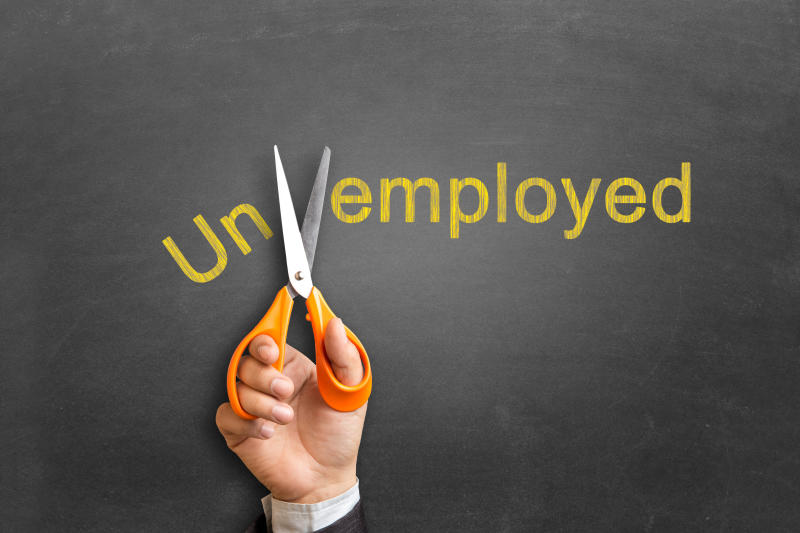×
The Standard e-Paper
Join Thousands Daily

Employment-unemployment concept [Courtesy]
The Covid-19 pandemic has had devastating effects nationally and internationally. Households are in ruins following deaths and the socio-economic impact.